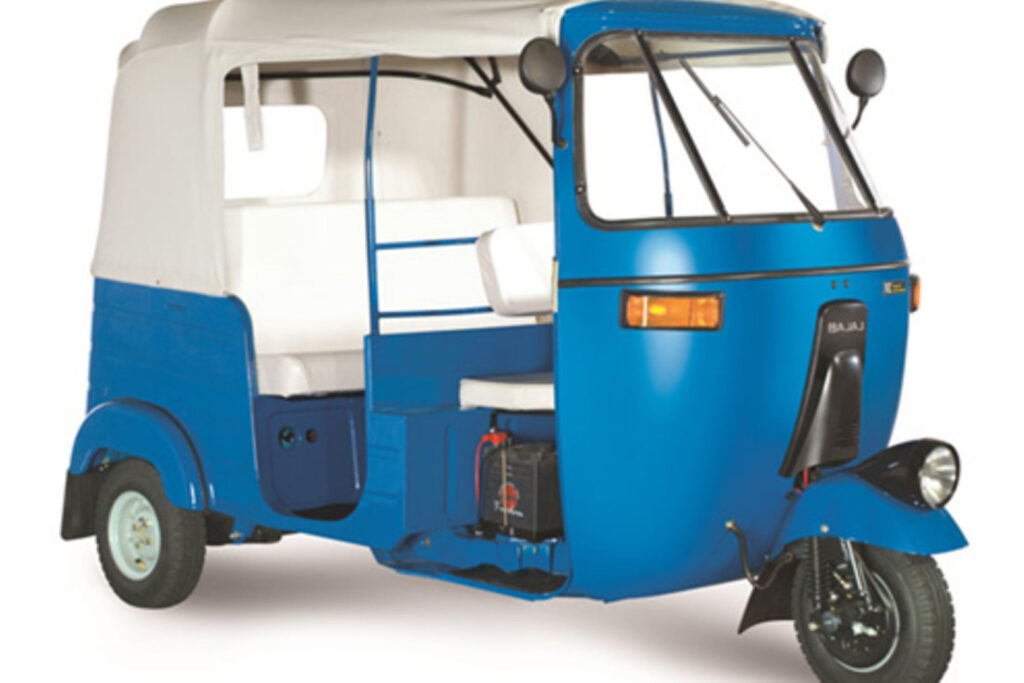ON the streets of Dar es Salaam today, the sight of green and yellow bodied rickshaws is common. One unique feature with these Indian made rickshaws which aligns well with the government’s plans to adopt clean energy, is that they are powered by compressed natural gas.
A few operators of these taxis which are popular with low income commuters running away from the ‘daladala’ chaos, told me that they are much better because running costs have gone down thanks to use of CNG.

It was therefore unthinkable that Finance and Planning Minister, Dr Mwigulu Lameck Nchemba wanted to impose a 385/- per kilogram income tax on CNG as MediaPad Africa reported here recently. As expected, the minister, who clearly deviated from President Samia Suluhu Hassan’s plans to wean the country from over-reliance on imported fossil fuels to cleaner energy sources including CNG, met stiff resistance both from legislators and the general public.
Our country which has over 53 trillion cubic metres of proven natural gas reserves, imports petroleum products worth over 7.2trn/- annually. In addition, environmental activists and experts estimate that over 400,000 hectares of forest cover is cleared annually to meet energy needs mostly by low income families.
Currently, very few consumers are making use of CNG to power their motor vehicles or serve households. I know that very few houses in Dar es Salaam are using CNG as a source of energy thanks to Tanzania Petroleum Development Corporation’s pilot project which has taken longer than expected to scale up and cover more households.
There are also a few industries which used to rely on highlly polluting coal as a source of energy which have migrated to CNG, among them is Tanzania Portland Cement Company located at Wazo Hill in the outskirts of the commercial capital, Dar es Salaam.
If you talk to all the consumers who have shifted to CNG, their stories are almost the same; lowered energy costs, reliability and relatively cleaner compared to charcoal, diesel, petrol and kerosene.
It was thus an irony that Dr Nchemba and his team of budget experts, saw it fit that some income tax should be imposed on a much cleaner energy source which is readily available at home. When everyone is looking forward to migrate from highly polluting sources of energy to CNG, the exchequer was somewhat trying to backpedal on such developments being championed by the head of state herself.
Although the proposed tax was successfully shot down in parliament before the 2024/25 budget was endorsed, we still have pending issues which include lowering equipment needed to help motorists change their vehicles combustion systems to shift from diesel and petrol to CNG.
Further, Dr Nchemba and his team also need to lower import duty and other taxes charged on those green and yellow coloured TVS rickshaws so as to encourage many people to buy them and thus reduce the country’s greenhouse gas emissions volume.
In order to bridge the revenue gap, Treasury should impose hefty import duty on British made used Range Rover Vogue, Landrover Discovery and similar highly polluting fuel gazzling monsters that are a common sight on our roads today.
It’s a pity that while consumers and governments in the rich North are disposing such highly polluting vehicles, here at home they are a symbol of pride and wealth, their maintenance costs and fuel guzzling nature, regardless.
Treasury also need to lower or altogher waive import duty imposed on electronic vehicle so that our middle and high class families should be encouraged to buy brand new EVs other than 20 years old British made monsters in the name of Landrover Discovery, Range Rover Vogue and others.
We do not want to see a repeat of what happened in this year’s budget proposal which contradicted the government’s official plan to shift the country to cleaner energy use. Treasury should be able to confer or rather compare notes with Ministry of State in the Vice President’s Office responsible for the Environment and Ministry of Energy, before coming up with taxes on CNG and other accessories needed by households to power our economy with clean energy.
The author is a media consultant based in Dar es Salaam and can be reached through: [email protected]
